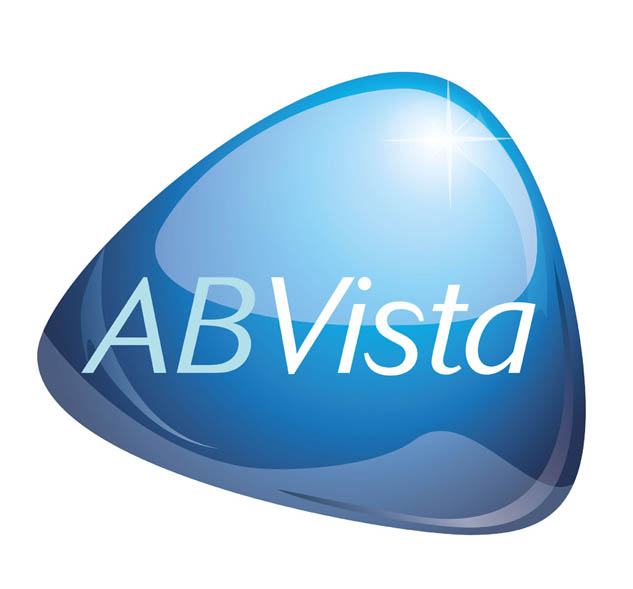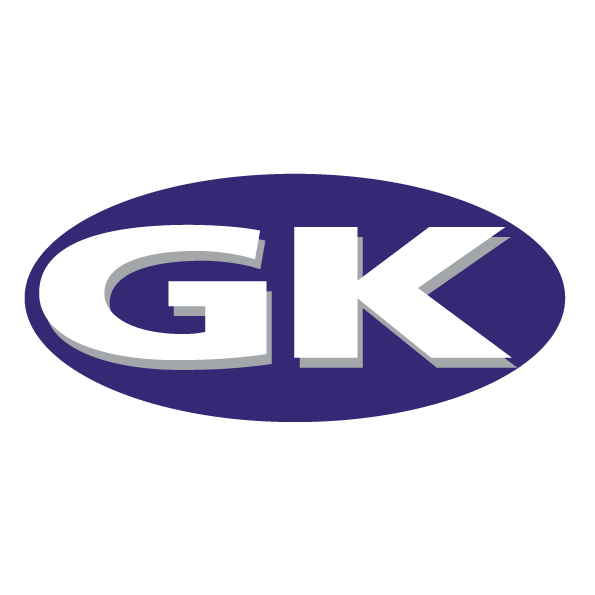Continuing to improve nutrient utilisation and performance through in-feed applications is a key focus for modern swine production systems.
In particular, when faced with greater legislative pressures on antibiotics and trace minerals, feed and nutrition is more important than ever according to animal nutrition company AB Vista.
Dr Pete Wilcock, AB Vista Global Technical Manager says a key area for this lifetime growth is nursery pig performance.
“To maintain or improve early performance – especially in markets where nutritional strategies such as zinc and copper supplementation are under pressure – it’s critical to understand the interaction of phytate with these trace minerals and its impact on performance.
“With even small amounts of dietary phytate reducing early pig performance the opportunity to use optimal levels of phytase to establish a low phytate nutrition feed programme can provide advantages in both gain and FCR.
“This low phytate nutrition can be extended further in finishing. As an example, summer’s reduced feed intake also means a reduction in nutrient intake, so anything that can be done to the diet to increase nutrient utilisation is important. With phytate’s role in reducing amino acid and energy utilisation well documented, destruction of phytate through the addition of high levels of phytase can increase slaughter weights and improve feed conversion.”
Reducing feed costs is a continued driver for the swine industry and one recent development in phytase use today is the higher matrix release values associated with the newer phytases on the market.
Dr Wilcock says understanding the levels of dietary phytate levels and phytase characteristics are important in maximising the opportunities to reduce costs.
“Historically, in regions such as Latin America and Asia Pacific, phytases were dosed to give a 0.10-0.13% avP release. But with the next generation of phytases coupled with the ability to measure dietary phytate, it is now possible to use up to a 0.175% avP release depending on the diet and in some cases even higher, saving further costs.”
Dr Wilcock says the upcoming International Phytate Summit, a global congress to be held in November, will unlock further insights into the role of phytate and phytase in nutrition. With a theme of The Value Chain of Phytate Destruction, the IPS3 agenda and discussions will focus on strategies for formulating with minerals and amino acids in the presence of phytate.
IPS3 is a closed academic event, however follow-up meetings will be held in different regions throughout 2017. Please contact your local AB Vista representative for more information on IPS3.
To find out more about IPS3, please visit: https://www.abvista.com/Innovation/International/IPS3.aspx
For more information, contact AB Vista on +44(0)1672 517 650 or info@abvista.com.
ends
Notes to editor:
AB Vista is an animal nutrition technology company offering pioneering products and technical services to the global animal feed industry. Since its establishment in 2004, AB Vista has grown to be a top-three player in feed enzymes and is also one of the largest suppliers of natural betaine to the global animal nutrition industry. The company invests heavily in research and development and has a growing portfolio of products and services spanning the poultry, swine, ruminant and aquaculture sectors. AB Vista is headquartered in the UK, with regional offices located in the USA, Brazil, Singapore, Spain, India, China, Germany and Finland.
AB Vista is part of AB Agri, the agricultural division of Associated British Foods, one of Europe’s largest food & retail companies with a market capitalisation of £22 billion.
For further press information please contact Nic Daley or Mike Keeler on +44 (0)20 8647 4467.
ABV/238/16




